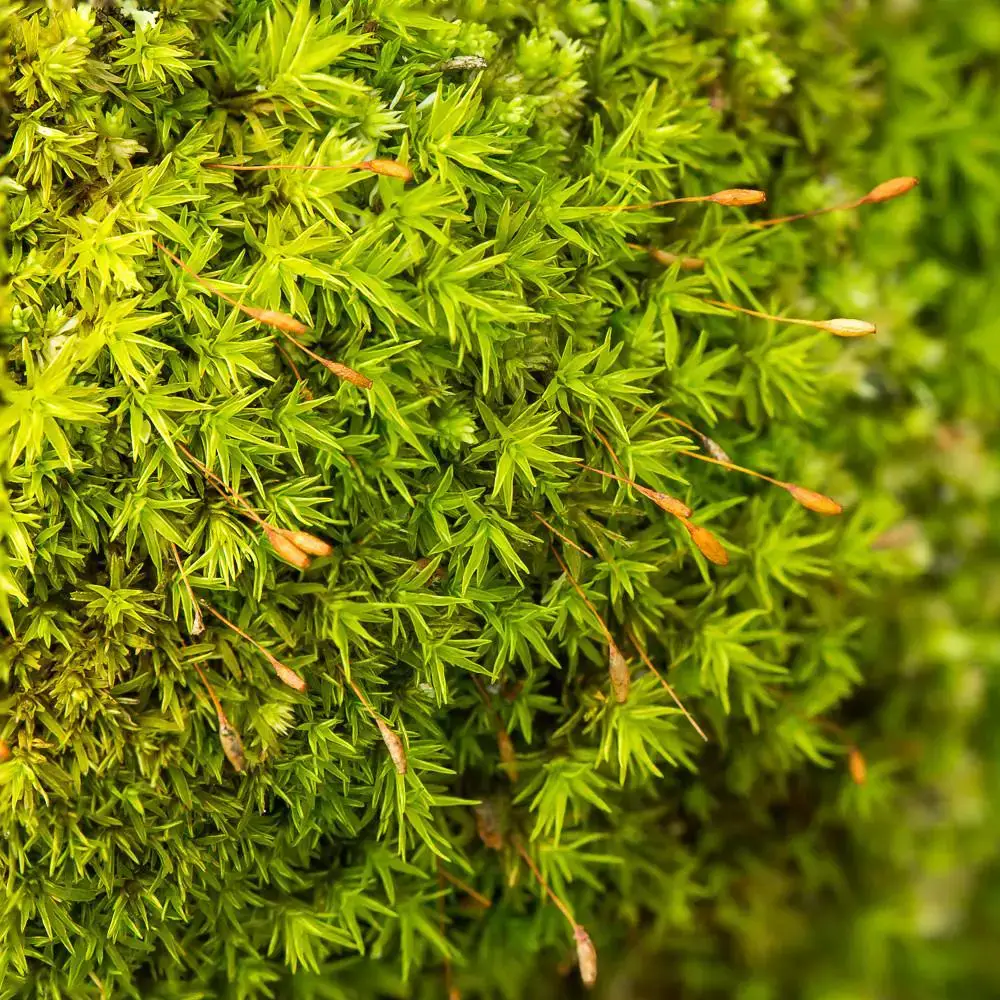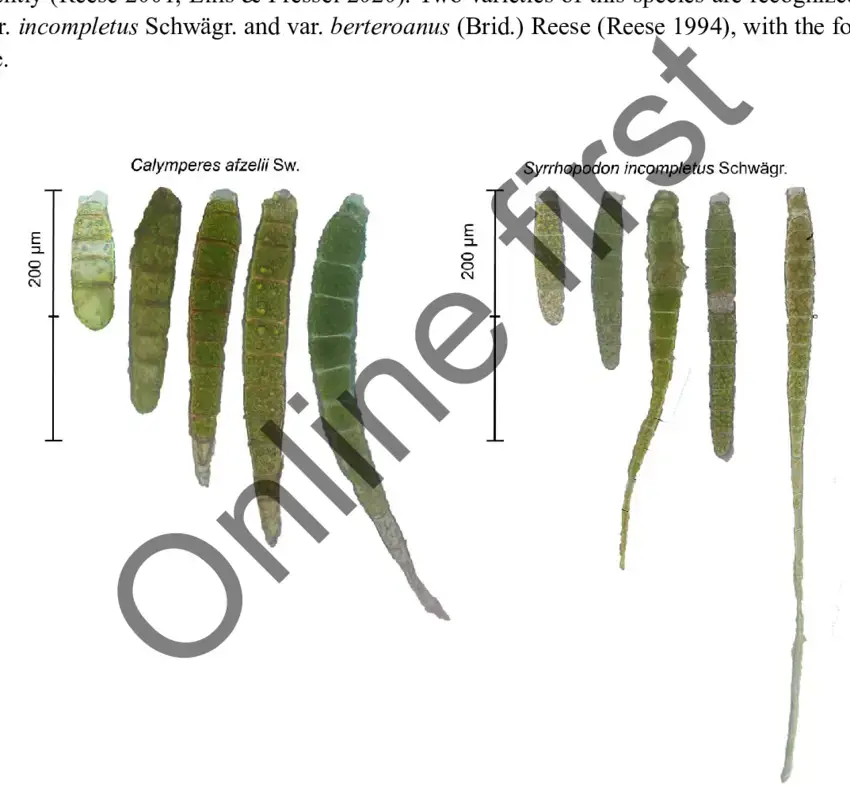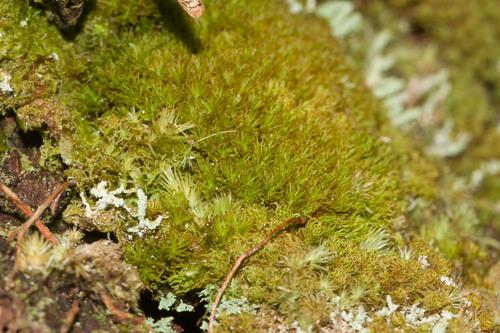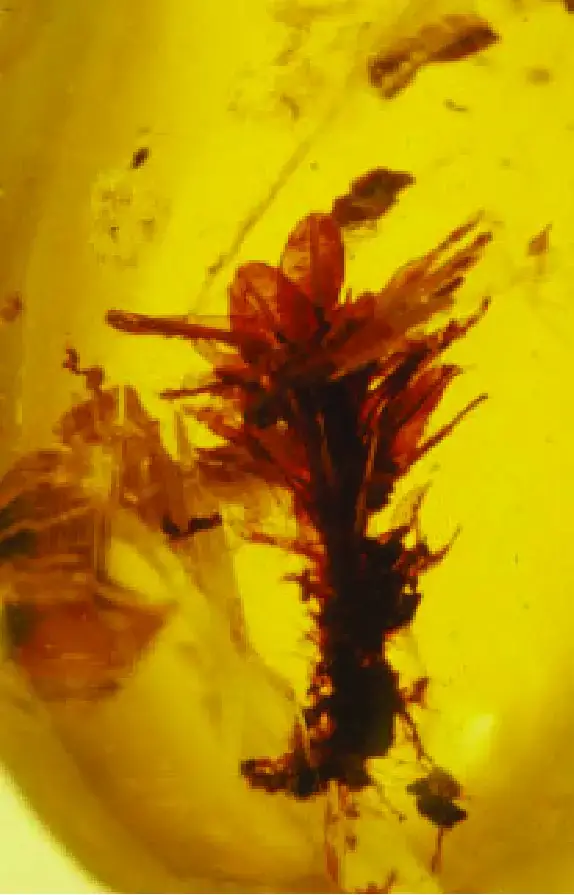
49105422046_8b08497903_b.jpg from: https://www.flickr.com/photos/64527562@N04/49105422046/
Discovering the Fascinating World of Syrrhopodon incompletus Schwägr. Moss
Mosses are some of the most ancient and resilient plants on Earth, having evolved over 400 million years ago. One particularly interesting species is Syrrhopodon incompletus Schwägr., a moss in the Calymperaceae family. Let’s take a closer look at this captivating little plant.
Background on Syrrhopodon Mosses
The genus Syrrhopodon, commonly called Syrrhopodon mosses, contains around 150 species found mostly in tropical regions worldwide. They belong to the Bryophyta division and Bryopsida class. Syrrhopodon mosses are known for their unique morphological features.
Morphology and Identification
S. incompletus

Gemmae-of-Calymperes-afzelii-Sw-and-Syrrhopodon-incompletus-Schwaegr-Mean-gemma-size-was.png from: https://www.researchgate.net/figure/Gemmae-of-Calymperes-afzelii-Sw-and-Syrrhopodon-incompletus-Schwaegr-Mean-gemma-size-was_fig1_370168543

medium.jpg from: https://enciclovida.mx/especies/146904-syrrhopodon-gaudichaudii
forms loose tufts or mats. The stems are short, usually under 1 cm tall. Leaves are lanceolate (lance-shaped) and have a hyaline

Syrrhopodon-incompletus-in-Dominican-amber.png from: https://www.researchgate.net/figure/Syrrhopodon-incompletus-in-Dominican-amber_fig1_289803726
(translucent) base that clasps the stem. The leaf margins have small teeth. Under a microscope, the leaf cells are quadrate (square or rectangular).
Global Distribution and Habitat
This species is found in tropical and subtropical regions of the Americas, Africa, and Asia. It grows on tree trunks, branches, and sometimes rocks in humid forests. In the United States, S. incompletus is found in Hawaii, Florida, Louisiana, and Puerto Rico.
Ecological Roles and Adaptations
Like other mosses, Syrrhopodon plays important roles in its ecosystem:
- Helps retain moisture
- Prevents soil erosion
- Provides habitat for micro-organisms
- Pioneers on bare substrates
Syrrhopodon mosses have adaptations like water-absorbing leaf bases and rhizoids (root-like structures) to survive periodic drying in their tropical habitats.
| Characteristic | Description |
|---|---|
| Division | Bryophyta |
| Class | Bryopsida |
| Family | Calymperaceae |
| Genus | Syrrhopodon |
| Species Epithet | incompletus |
| Naming Authority | Schwägr. |
Conclusion
Syrrhopodon incompletus Schwägr. is a prime example of how even tiny mosses can have fascinating morphology and ecological importance. Next time you’re in a tropical forest, take a closer look – you might just spot this marvelous moss! What other miniature wonders of nature have you discovered?